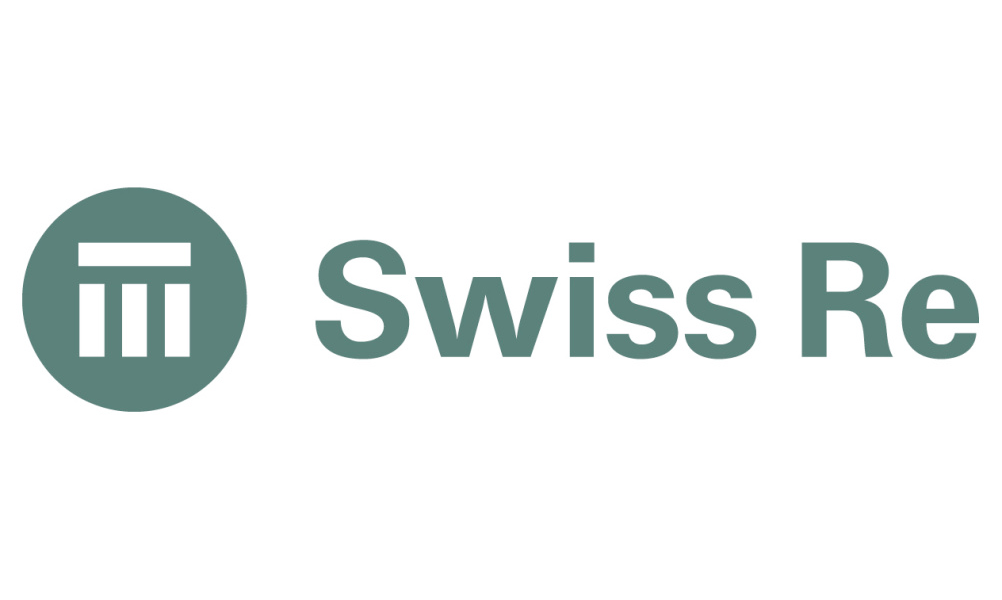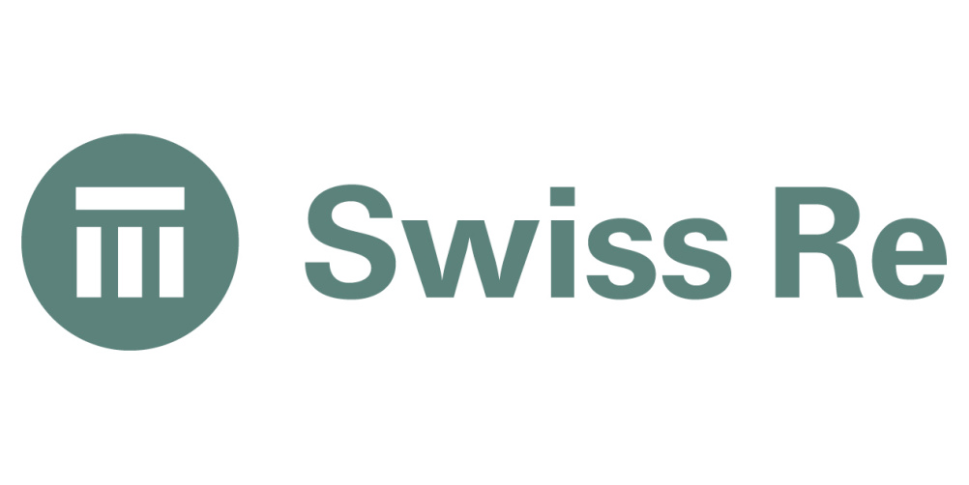New research from Swiss Re has confirmed that juror sentiment in the U.S. has shifted decisively toward plaintiffs, which is reportedly influencing verdicts in measurable ways, reinforcing the scale and persistence of uncertainty in the liability market for re/insurers.
 “Traditional economic drivers such as wage inflation, medical-cost trends and CPI growth no longer explain the pace at which liability claims are escalating,” Swiss Re said in the new report.
“Traditional economic drivers such as wage inflation, medical-cost trends and CPI growth no longer explain the pace at which liability claims are escalating,” Swiss Re said in the new report.
The reinsurer explained that this growing gap between economic fundamentals and actual claims experience has been termed social inflation, which is largely driven by abuse of the legal system.
Swiss Re continued, “While much has been written about the behavioral causes of legal system abuse – plaintiff lawyer tactics, evolving jury attitudes or expanding theories of liability — these narratives have largely remained anecdotal. They are widely accepted, often repeated, but seldom quantified.”
With this in mind, Swiss Re carried out its 2025 Behavioral Social Inflation Study, putting numbers to what the industry has long suspected.
The survey presented 1,150 U.S. adults with a series of randomised legal simulations, offering an assessment of the behavioral forces driving today’s litigation outcomes.
“The findings confirm that juror sentiment has shifted decisively toward plaintiffs, and this shift is influencing verdicts in measurable ways. Crucially, the effect is not confined to Fortune 500 companies. In cases involving severe injury, jurors are nearly as likely to recommend high compensation against small and medium-sized enterprises (SMEs) as they are against large corporations,” Swiss Re said.
Among the findings, the reinsurer noted that injury severity, not company size, is the strongest driver of verdict behavior.
Meanwhile, large corporates reportedly drew slightly more blame and larger awards, but in most cases the differences were modest and not statistically significant.
“This challenges a long-held assumption in underwriting: that SMEs are inherently at a lower risk when it comes to severe bodily injury claims. Our findings suggest that when the injury is serious, jurors treat SMEs and LCRs more similarly than might be expected,” Swiss Re noted.
Political affiliation was also a key differentiator in verdict behavior, as well as age and income.
“Our research shows how public attitudes shaped by a desire to hold companies accountable and a receptiveness to high compensation demands create fertile ground for the plaintiff’s bar, often backed by third-party litigation funders,” Swiss Re said.
The Reinsurer continued, “Targeted tort reforms have historically helped restore balance to the system. We are now seeing early momentum in states like Florida, Georgia and Louisiana, where legislatures have introduced reforms to cap damages, limit attorney fees and create transparency in litigation funding.
“But broader, coordinated efforts are needed to mitigate systemic costs and preserve insurance affordability for consumers and businesses alike.”
“Raising public awareness of litigation trends has never been more important, and for insurers and reinsurers, our study reinforces the scale and persistence of uncertainty in the U.S. liability market.”
Monica Ningen, CEO P&C Reinsurance US, Swiss Re, commented, “We’re seeing growing strain on the civil justice system, with more lawsuits yielding damages that often outpace the actual harm. Jury awards in the tens of millions are becoming more frequent, shaped by emotion, not just evidence. This trend isn’t limited to large corporations. Small and mid-sized businesses face similar outcomes when serious injuries are involved.
“These rising liability costs don’t stay in the courtroom. They contribute to higher insurance premiums, reduced coverage availability, and increased costs for everyday goods and services. The growing role of third-party litigation funding adds another layer of pressure, often prolonging cases and inflating awards.
“Given the magnitude of these costs, businesses must pass these pressures along the value chain, and ultimately, consumers bear the impact. As insurers, we’re maintaining underwriting discipline, but real progress will take broader reforms. Greater transparency, balanced damage caps, and more consistent trial practices can help restore fairness and predictability to the system.”
The post US jury trends underscore need for broader reforms: Swiss Re appeared first on ReinsuranceNe.ws.

